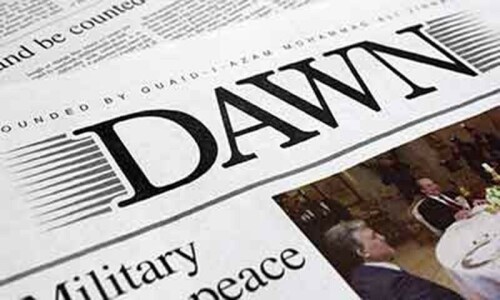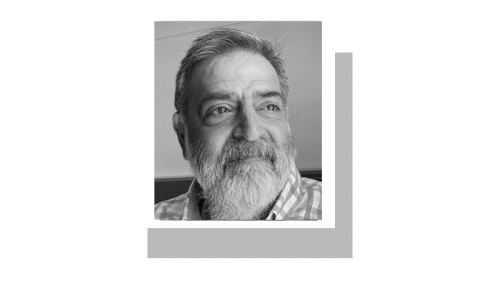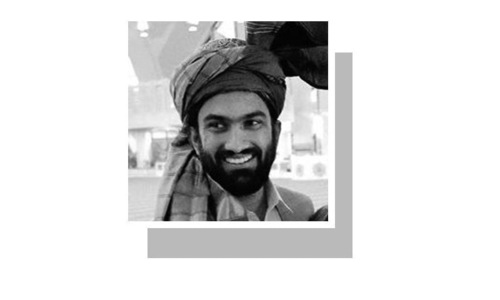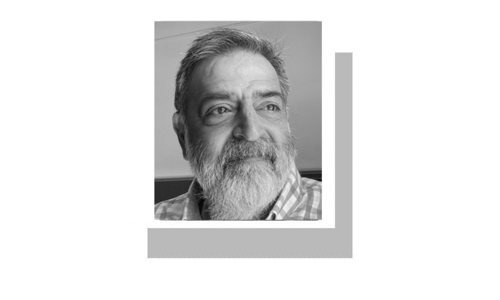The revolutionary is a doomed man.
He has no private interests, no affairs, sentiments, ties, property nor even a name of his own. His entire being is devoured by one purpose, one thought, one passion the revolution. Heart and soul, not merely by word but by deed, he has severed every link with the social order and with the entire civilised world; with the laws, good manners, convictions and morality of that world. He is its merciless enemy and continues to inhabit it with only one purpose; to destroy it.
Sergey Nechayev, Catechism of a Revolutionary In an age of extremism, fanaticism and ideological terrorism, the opening lines of Russian nihilist and terrorist Sergey Nechayev`s radical manifesto would seem very applicable to the post-9/11 world in which we all live. Written in the 19th century, at a time when tsarist Russia seemed all powerful and permanent, this extreme manifesto is said to have inspired a number of radicals, including the future head of the Russian government, Vladimir Lenin.
What is incredible about Nachayev`s manual is that it gives remarkable insight into the obsessive andnarrow worldview of a fanatic, who will stop at nothing to turn the world around him upside down. Whether it`s a nihilist terrorist or an Islamist extremist, a true believer in a cause does not exhibit the slightest doubt in the road they have taken in life. But how does one know whether an extremist is really an undoubting adherent to a cause, or simply an opportunist seeking a purpose to his/her meaningless life? Deception and deceit are part and parcel of revolutionary terror as well as of crooks and conmen.
In The Messenger, journalist Shiv Malik looks for the answers to these questions in a man named Hassan Butt, who may or may not be all that he claims to be.
Set during the period when 9/11, the Iraq war and the London bombings were daily news, Malik writes this book as a both an investigative report and a warning of what happens when journalists make the mistake of believing their sources at face value.
Malik spent many years of his life in pursuit of Butt`s story, which seems at the outset to be a textbook example of a disillusioned Muslim youthturned-radical in the United Kingdom, facing all the elements of racism, discrimination and alienation.
Butt`s life story seems so pathetic that it would be comical if not true.
The son of a Pakistani immigrant to the UK, Butt`s absent father was a driven and hardworking businessman, who was eventually imprisoned for fraud. A lack of role models within his own household and no direction in life caused Butt to eventually drift towards religious piety and, later, extremist groups which, he claimed, gave him a purposeful existence.
Joining radical groups such as Hizbut Tahrir and Al Muhajiroun gave Butt the chance to become a `messenger` and serve as an intermediary between radical Islamist groups and Western societies.
Inevitably, this professed piety and radicalthinking comes with a level of hypocrisy, in that Butt claims to call for theocratic revolution and condemns liberal thinking and values, while at the same time enjoying the comforts of a secular, nonreligious society such as the UK`s. In Malik`s words, Butt was `quite prepared to enjoy the benefits of a country, and its education system, which he now apparently despises.
To unlock such a mindset, the author tries to piece together Butt`s life story and takes it upon himself to try and sway him away from extremist polities while, at same time, make a name for himself as an investigative journalist. As it turns out, Malik`s supposedly altruistic goals eventually come back to bite him, when it dawns upon him that Butt may not be telling the whole story about his alleged links with extremist groups such as Al Qaeda, and involvement in terrorist activities such as supposedly helping to recruit radicalised youths in Britain to fight alongside the Taliban. Malik is so convinced of Butt`s story that he admittedly fails to take notice of the cracks and flaws in it.
Anyone who has read a story or seen a film with an unreliable narrator would know what happens when personal bias in believing a story to be true, rather than common sense, takes the driving seat. As it turns out, this is exactly what happens to the author of The Messenger. The sting of deception and believing in `the messenger` for all he is worth, gives the reader a morality tale, or lack thereof, which serves as a warning to others about rushing into judgement and taking everything at face value.
The book itself is written as a simple narrative.
The author takes us into the dubious world of Hassan Butt, where we get to meet an assortment of bizarre individuals, including extremists such as Omar Bakri Muhammad and Anjem Choudary,who are as shady as the subject himself. Though he writes very well, Malik unfortunately fluctuates in the narrative, and can`t really decide whether the book is about Butt or himself.
Malik tries to keep the narrative about Butt, but keeps shifting the focus to himself and how he feels stabbed in the back by a man whose story he desperately wants to believe in. In many ways, the author and the subject are shadowy reflections, who require each other to make a name for themselves.
While Malik is honest and straightforward, Butt is the exact opposite, and yet both are drawn to each other for their own reasons.
One major defect, however, is Malik`s admitted ignorance of Islam and Islamic history which, unfortunately, affects his narrative about the world of Islamist extremists. He makes factual errors in historical events and theology which, though minor, do make you wonder what else the author got wrong when investigating the life of Butt.
The Messenger is, at times, a riveting read and worth picking up, but it does beg one lingering question: was Hassan Butt ever a true believer in his cause like the radical Sergey Nechayev? The answer is almost certainly no.
Nechayev, however misguided, lived by his convictions and eventually died because of them.
Butt, on the other hand, never had the same misguided conviction. Ironically, Nechayev went on to inspire the character of the fanatical Pyotr Verkhovensky in Fyodor Dostoyevsky`s classic novel Demons. Other than Malik, it`s doubtful any future author would want to write a book with a character that is as pathetic a loser as Hassan Butt.
The reviewer is a writer and journalist. His interests include history, politics, music, literature and cinema



















































